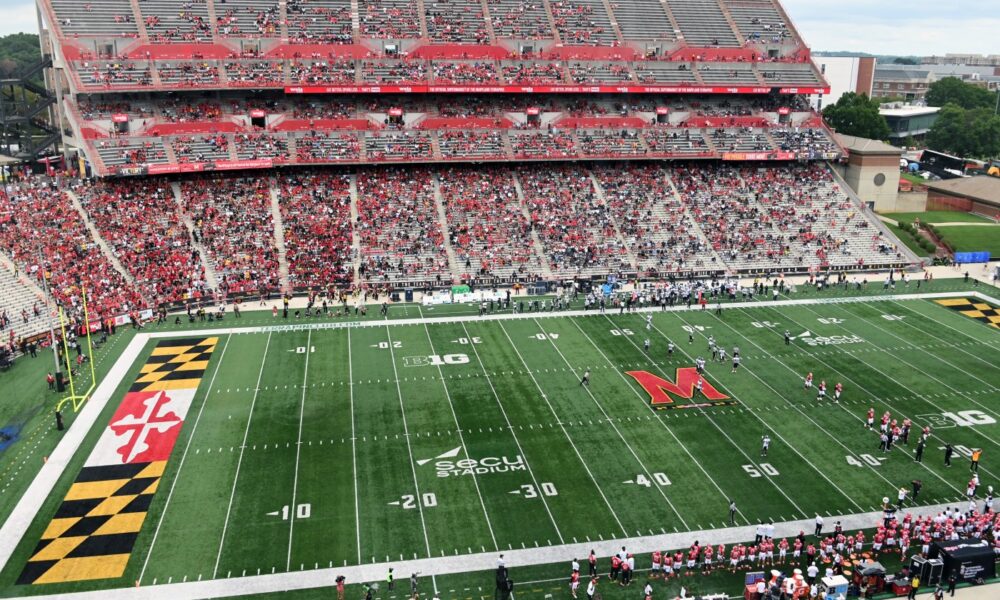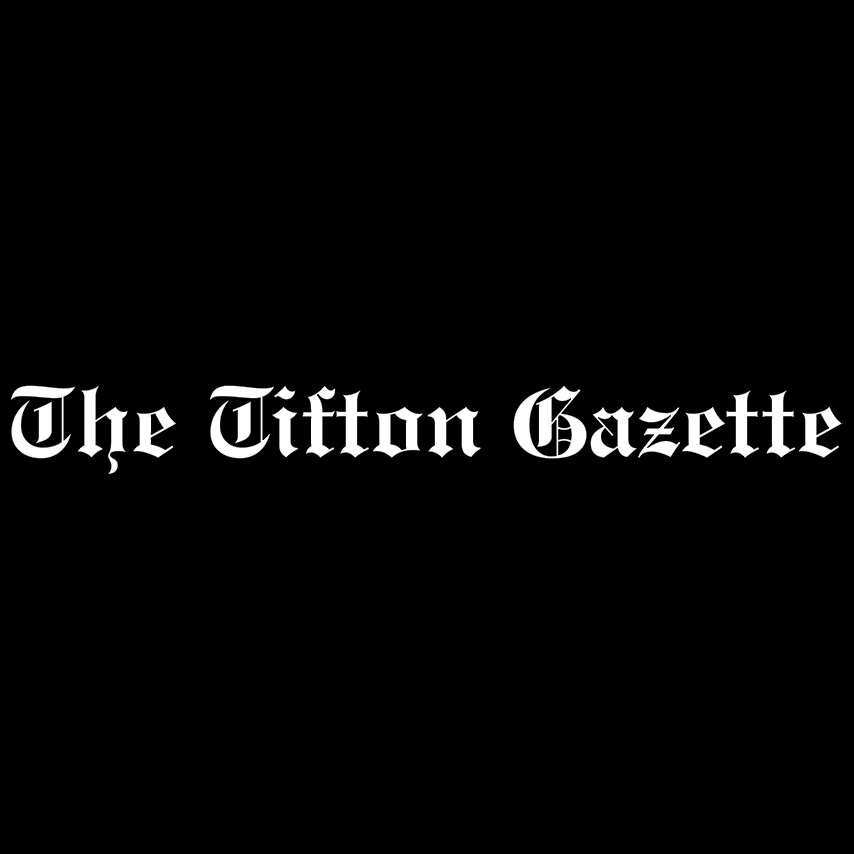The University System of Maryland Board of Regents convened a special meeting on October 10, 2023, to assess a significant athletics-related contract, believed to involve a potential $2 billion investment in the Big Ten Conference. The meeting, which lasted approximately one hour, was held behind closed doors to discuss “confidential commercial and financial information” with legal counsel, as noted in the board agenda. No public action was taken following the discussions.
Board Chair Linda Gooden stated that the urgency of the meeting stemmed from an impending vote by Big Ten member institutions on a proposal that may impact the board’s authority. “Given the short notice, we have requested to meet and seek legal advice on the board’s role and authority regarding this matter,” she remarked prior to the session. The board oversees academic and financial operations across the system’s 12 institutions and three regional higher education centers, including the University of Maryland, College Park, which serves as the state’s flagship institution.
Reports indicate that the Big Ten Conference is negotiating a deal with UC Investments, which manages the University of California Pension System investment fund, to acquire a 10% stake in the conference over a 20-year period. In return for this investment, the conference’s athletic departments would receive a share of the funds, while UC Investments would earn a percentage of conference revenues.
The financial implications of this deal are substantial. The revenue generated would come from various sources, including sponsorships, media rights, and league revenue streams, benefiting the 18 schools that comprise the Big Ten. These institutions range from the University of Maryland and Rutgers on the East Coast to the University of Southern California and UCLA on the West Coast, with traditional rivals in between.
Concerns regarding the involvement of private investors have surfaced. U.S. Senator Maria Cantwell of Washington expressed reservations in a letter to university presidents, including Darryll J. Pines of the University of Maryland, warning that a partnership with a private equity firm could jeopardize university assets and impact tax-exempt statuses.
“The primary goal of these companies is to make money for the firm, which is unlikely to align with the academic goals of your university or its obligations as a not-for-profit organization,” Cantwell wrote. “These investors will be focused on maximizing their investment, not on preserving and growing athletic and academic opportunities for student athletes.”
A spokesperson for the College Park campus indicated that the institution would require additional time to comment on the negotiations. Meanwhile, the Michigan Board of Regents recently rejected the notion of involving private equity in college sports, reflecting a growing concern among higher education officials about the implications of such partnerships.
In response to the criticism, the Big Ten Conference released a statement reaffirming its commitment to maintaining academic and athletic excellence. “Over a year ago, we instructed the conference to undertake a comprehensive process… to innovate for the future and extend the conference’s legacy of academic and athletic excellence,” the statement read. It emphasized that UC Investments would act as a “non-profit partner – not private equity.”
Ultimately, the decision regarding this potential investment lies with the presidents and chancellors of the Big Ten member institutions, and discussions continue as stakeholders weigh the benefits and drawbacks of the proposed deal.







